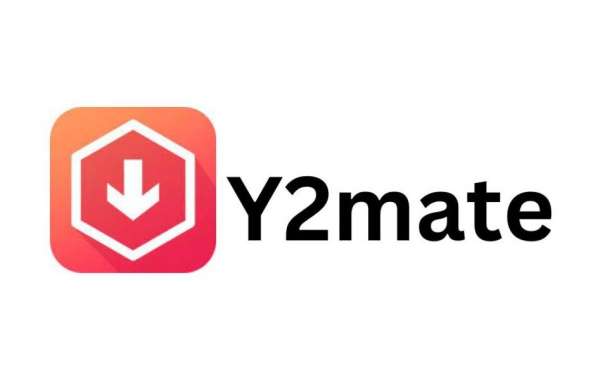Introduction:
YouTube has undoubtedly become the go-to platform for streaming videos, music, tutorials, and a myriad of other content. However, the desire to have offline access to our favorite tunes has led to the proliferation of YouTube to MP3 converters. These tools allow users to download audio from YouTube videos in MP3 format, enabling them to build personal playlists without requiring an internet connection. While this may seem like a convenient solution for music enthusiasts, it has sparked a contentious debate over copyright infringement, ethical concerns, and the impact on content creators.
The Appeal of YouTube to MP3 Converters:
The allure of YouTube to MP3 converters lies in their simplicity and accessibility. Users can easily convert and download their favorite tracks in a few clicks, bypassing the need for a constant internet connection. This feature is especially appealing for those who want to create offline playlists, share music with friends, or use audio clips in their own content.
Controversy Surrounding Copyright Infringement:
One of the primary concerns with YouTube MP3 downloads is the potential for copyright infringement. YouTube, as a platform, allows content creators to upload videos, and they often include copyrighted music. Downloading these videos in MP3 format without the copyright owner's permission raises ethical and legal questions.
From a legal standpoint, downloading and distributing copyrighted material without authorization is a violation of intellectual property rights. Many artists and record labels argue that YouTube to MP3 converters enable users to circumvent legal streaming services, depriving creators of their rightful revenue. This has led to legal action against some prominent YouTube to MP3 converter websites.
Ethical Considerations:
Beyond legal concerns, the use of Y2Mate converters raises ethical questions about supporting artists and content creators. Many argue that artists rely on revenue from streaming platforms and purchases to sustain their livelihoods. By downloading their work for free, users may inadvertently contribute to a decline in artists' earnings, impacting their ability to create new content.
Additionally, the rise of these converters has prompted discussions about the value of music and the importance of compensating artists for their creative efforts. Some argue that the prevalence of free MP3 downloads undermines the perceived worth of music, leading to a devaluation of the art form itself.
Impact on Content Creators:
YouTube to MP3 converters not only affect musicians but also impact content creators on the platform. Many YouTubers use music as a crucial element in their videos to enhance the viewing experience. When users download their content in MP3 format, it may lead to a loss of potential revenue for these creators, as ads on YouTube videos contribute to their income.
Moreover, content creators often spend time and resources curating their videos, selecting music that complements the theme and mood. The unauthorized use of this content through MP3 downloads can be disheartening for creators who rely on the platform for both artistic expression and income.
Legal Responses and Countermeasures:
In response to the rise of download youtube mp3 converters, legal actions have been taken to curb their impact. YouTube employs various technologies to detect and block attempts to download videos, but converters continue to evolve to circumvent these measures.
Additionally, copyright holders have taken legal action against some prominent converter websites, resulting in the shutdown of certain platforms. However, the cat-and-mouse game between copyright holders and converter developers persists, with new services emerging to fill the void left by their predecessors.
Conclusion:
The controversy surrounding YouTube to MP3 converters reflects the complex intersection of technology, copyright law, and ethical considerations. While users may be drawn to the convenience of creating personal playlists offline, the potential negative consequences for artists and content creators cannot be ignored. Striking a balance between consumer convenience and supporting the creators who enrich our digital experiences remains a challenge. As the digital landscape continues to evolve, finding sustainable solutions that benefit both users and content creators is crucial for the future of online content consumption.




